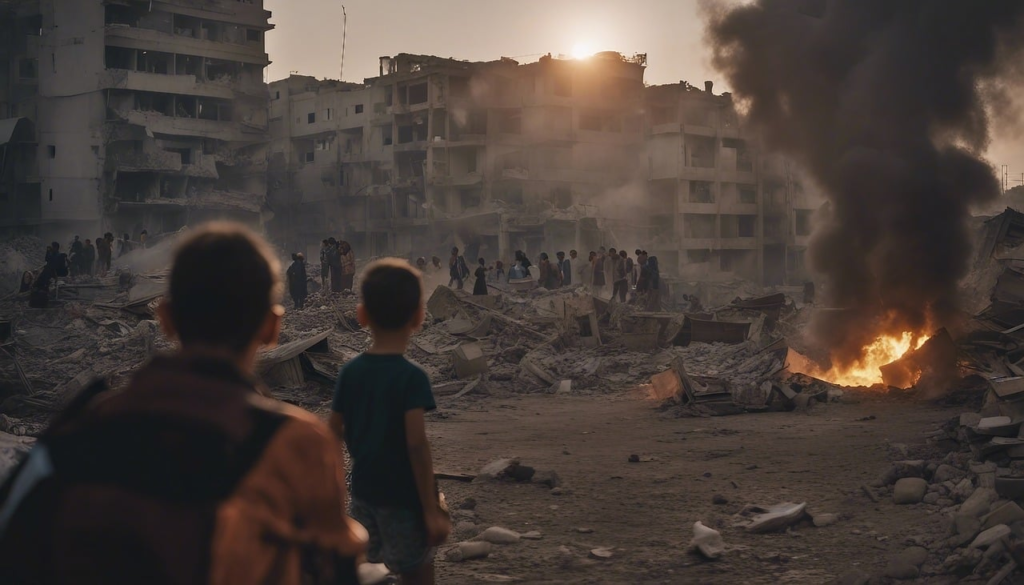By: Rebecca Pedemonte
In 2018 I started a University research based on a series of interviews with individuals that had migrated from West African countries. The results showed that the fear of being persecuted based on sexual orientation is one of the many reasons why migrants decide to leave their country. In particular, one of the interviewees from Gambia reported that being considered a homosexual by the community could endanger his physical safety in his country.
This evidence raises significant questions on discrimination against individuals of the LGBTQ+ community, although the International Community rarely discusses it. How much can these discriminations against individuals belonging to the LGBTQ+ community affect the choice to migrate from their country of origin? Such stigmatization derives from prevailing social and cultural norms, impregnated with intolerance and prejudices, and also, from national laws that reflect this kind of attitudes. Therefore, it is also significant to note how widespread are the provisions that criminalise the individuals from the said community within the African territory.
According to the 2020 Report, published by the International Lesbian, Gay, Bisexual, Trans and Intersex Association, nowadays there are still many laws of African States that criminalize homosexual or transgender people. According to the laws in Mauritania, Somalia and part of Nigeria, anyone identified as belonging to the LGBTQ+ community can be given the death penalty. In the Central African area, such as in Sierra Leone, Gambia, part of Nigeria, Sudan, Uganda, Kenya, Tanzania, Malawi and Zambia, the individuals can be served with a prison sentence of a minimum of eleven years up to life imprisonment. In other eighteen states, most of which are located in the Maghreb area and in West Africa, homosexuality is sanctioned with periods of imprisonment that can vary from 1 month to eight years.
On May 23rd, in Senegal, where currently the sexual act between homosexuals is punished with five years of imprisonment, hundreds of protesters took to the streets of Dakar, demanding the legitimacy of homophobia. It has been stated that they "want to promote correct social values". This emphasizes the fact that often it is the communities themselves that perpetuate these discriminations.
However, in some countries of the continent, the State’s law does not provide regulatory provisions or sanctions against homosexuality. However, according to numerous reports from NGOs, such as Amnesty International, it has been revealed the presence of multiple realities in which homosexuality is criminalized de facto; through persecution by government authorities or, even, by members of the communities themselves. This is what happens, for example, in Egypt, where torture and illegal detention of homosexuals are widely practiced. For all other countries of the continent, no verified criminalization is foreseen, but similarly, no protection or defence is envisaged within their laws either.
At the regulatory level, the only country that recognizes protection against LGBTQ+ people is South Africa. However, there are discrepancies between what is sanctioned by law and what happens in everyday life.
Nonetheless, it has to be considered that in some areas of the continent, particularly in rural areas, the collection of data about these persecutions is highly complex. Therefore, there is no truthful information in many countries, or it is the State that does not want to collect and submit them to International Organizations. Consequently, several gray areas remain regarding the presence or absence of legislation that criminalize homosexuality within the African continent. For these reasons, it is difficult to structure a realistic mapping on the percentages of persecuted people for their sexual orientation. This detection appears even harder if we consider the percentage of people who emigrated from their country of origin out of fear of being persecuted. The data collection has been worsened by the general trend of the commissions for asylum-seekers to not publish the reasons for the recognition of international protection.
A note issued by the United Nations High Commissioner for Refugees (UNHCR) specified that sexual orientation must be considered in the definition of “refugee,” along with gender identity. Specifically, it is a motivation that can affect the individual's well-founded fear of being persecuted. The 1951 Geneva Refugee Convention did not include these factors in the original essay formulation. Due to this Note to the 1967 Protocol of the Convention, people who have experienced discrimination or violence because of their sexual orientation may require international protection.
Although it is difficult to define the exact number, UNHCR states that among the ten largest nationalities for asylum requests in 2016, eight have very harsh legislation against homosexuals and transgender people.
Furthermore, it is important to underline the plurality of discriminations that a person belonging to the LGBTQ+ community suffers from and how little is this considered in the collective imaginary, especially in asylum and governmental policies.
It may appear that the governments are reluctant in setting up centers that might help and support the LGBTQ+ community. Even in countries with less stringent laws, it is difficult to do because of the prevailing community norms. Consequently, the person who migrates because of abuses and physical, sexual or verbal discrimination is forced to undergo the same degrading treatments and get low protection throughout the migratory path and, most probably, also in its aftermath.
The Covid-19 pandemic outbreak certainly did not improve the situation and contributed to increasing the vulnerability of this community. Given the status quo that provides ground for discrimination and little protection, there is an imminent need to revisit existing laws and enforce governmental and private programs to expand protection systems on field and defend victims from abuses. Raising awareness within the communities, building and establishing suitable centers on the territory, and volunteers' training are all fundamental factors that may change these human rights violations.


